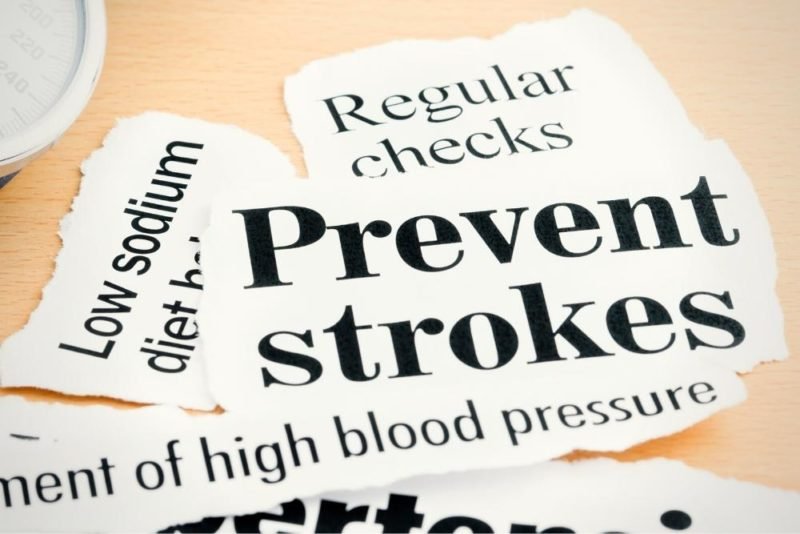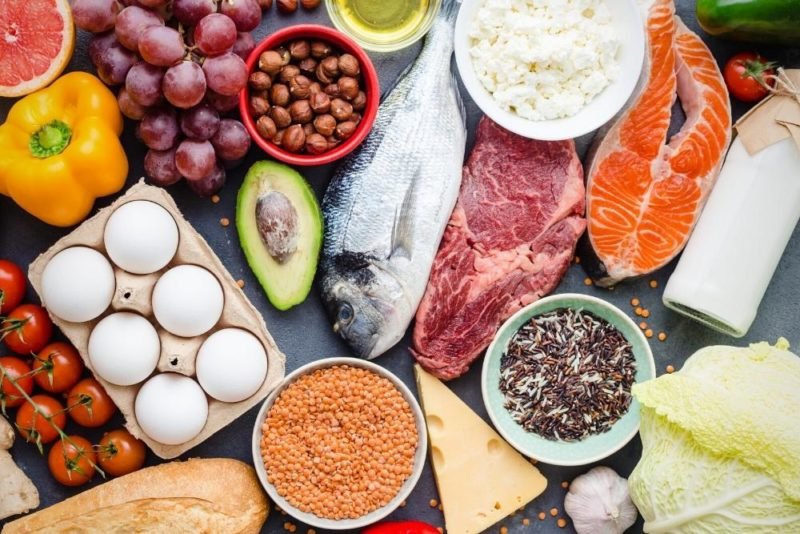A few little secrets about nutrition science
[ad_1]

I once experienced a consumer who subscribed to a ton of health-diet-wellness email newsletters. She often observed that her mornings would slip, slip, slip away as she fell down the publication rabbit gap. She instructed me that she was frequently hunting for that a single “secret” to better wellness that her friends didn’t know so SHE could be the 1 to bestow this newfound expertise. Regrettably, shelling out most mornings looking for this holy grail obtained in the way of her really accomplishing matters that would assist her health and fitness and wellbeing, like going for a walk, performing yoga or meditating.
(After speaking about how if anything “secret” truly labored, it wouldn’t be a key, we also agreed that she would unsubscribe from some of these email messages.)
I have a master’s degree in nourishment science, and I am clearheaded on the strengths and weaknesses of this science. For instance, one particular unfortunate truth about nourishment science that will get ignored by media protection of new scientific studies is that it’s not frequently groundbreaking. It is popular for the significance of investigate conclusions to be exaggerated, not just in press releases put out by the universities or other investigate establishments, but usually in the true examine abstracts. (The abstract is the summary of the analyze, the tldr, if you will.)
This is why I hardly ever (Pretty almost never) cite a review if I cannot get my fingers on the whole textual content of the study paper and consider it for myself. At least just one investigation examine has assessed how normally abstracts and press releases unsuccessful to precisely symbolize the whole investigation short article. What the authors identified was quite pathetic. Component of the issue is that researchers will need to justify their funding, and if they have to have to make their results sound more important than they are, then they could possibly do just that.

Looking over and above the headlines
I examine article content in the mainstream media each solitary day that misrepresent the true results of scientific exploration. (This occurs far more in newspapers and internet sites, not so significantly in publications, mainly due to the fact they have extended guide periods and so are far more cautiously edited.) When you get to weblogs and electronic mail blasts, it can be even even worse.
In some cases, it is the headline which is misleading, though the post or article is truly relatively balanced. Nonetheless, because quite a few people just skim headlines, this is nevertheless a issue. (Raise your hand if you in some cases never ever make it past the headline or maybe the very first paragraph.) This is a single cause why persons are so perplexed about how to eat! I have expended a good deal of time dealing with the fallout of this misinformation among the my purchasers.
Typically, that fallout prospects not just to confusion, but to feeding on from a area of worry and judgment alternatively than from a place of nurturing and self-care. It benefits in creating meals selections based mostly on beliefs and self-vital thoughts about what and how considerably to try to eat. It even further erodes the potential to believe in our bodies to explain to us what, and how significantly, to try to eat on a particular day, or at a distinct food. As I often say to my shoppers, why and how you try to eat is usually much more crucial than what you try to eat.

Spoiler warn: there is no magic bullet
If you like to read through nutrition information, be watchful about any tale that statements that a one study changes every little thing we believed we realized about diet. If a examine fully contradicts all former study on a subject matter, it’s probable that:
- The new analyze is flawed
- The conclusions were being uneventful but got exaggerated in the push release
- The scientists are on to one thing, but that we’ll want more investigate with identical findings to verify it
That’s a single rule about scientific analysis — other scientists need to be equipped to replicate those people conclusions. What we know about diet does transform above time. That is the mother nature of the scientific approach, as we request questions, search for responses via analysis, then use individuals responses to request new questions. Nevertheless, this is a slow, gradual course of action. Nutrition science does not flip on a dime.
The unsexy real truth about nutrition is that:
- There is no a person correct way to consume for just about every solitary individual.
- Cultivating a balanced romance with foods could be just as essential (in some instances additional essential) than the food stuff by itself.
Healing a fraught, guidelines-based mostly partnership with food items permits you to belief your body’s knowledge and obtain a balance of “nutritious” meals and “fun” food stuff that is proper for you. And like any romantic relationship, it will take operate.
There no magic food items, no magic quantity of energy, no magic macronutrient ratio. So why do we hold wasting our time browsing for a holy grail alternatively of investing that time in finding out about ourselves and what we genuinely have to have to really feel properly?

There is a distinctive place in hell for bodyweight decline analysis
Oh, really do not even get me started out. Oops…too late. If abstracts and institutional push releases are dodgy on several scientific tests that have practically nothing to do with bodyweight reduction, they get positively rotten when body weight decline is the topic. Locate me a pounds reduction research that does not commence out with gloom-and-doom statements about the “ob*sity epidemic” and I’ll consume my hat.
In many conditions, these statements don’t have a quotation to again it up (because we all KNOW that staying fats is the worst point to ever transpire to overall health [insert eye roll]), but when they do it is to some other analyze that is also producing assumptions. Or, at very best, talking about ASSOCIATIONS among fat and overall health (and, don’t forget, association cannot establish induce and effect).
It’s a investigate house of cards.
Fatphobia in healthcare…and health science

Fatphobia in health care is a really serious detail, and it also gets super actual in nourishment and well being study. I examine a good deal of analysis on excess weight and well being as properly as on fat stigma, and a handful of points are very clear:
- Scientists have not located a way to lose bodyweight and continue to keep it off for the extensive term.
- Studies that assert they’ve created “successful” excess weight reduction prevent next up with participants correct all-around the place exactly where folks who reduce fat deliberately start regaining it. (Some of this is logistical, owing to examine funding running out, but I question if in some cases it is also strategic.)
- Pretty much no reports on pounds and wellness take into account the unbiased adverse overall health outcomes of excess weight stigma and yo-yo dieting.
- No scientific studies have demonstrated that formerly fats men and women have the similar overall health — and the exact risk of death due to disease — as a reasonably equal team of always-slim people. (This could partly be simply because of #1.)
- Reports that declare to clearly show well being enhancements with a small total of body weight decline (any where from 3-10% of commencing body weight), gloss about the notion that matters like elevated bodily exercise and greater food items may have in simple fact been liable for observed health enhancements, not the weight loss by itself. (The analysis on the Diabetes Prevention Program, wherever most members were capable to maintain raises in bodily action and didn’t shed substantially excess weight, is a basic illustration.)
(Never just consider my word for it, read through Ragen Chastain’s report “Who Says Dieting Fails Most Of The Time?” and “The “I Could Locate 15 Studies” Fallacy.” Oh, and “Myths About the Failure Amount of Dieting.” And peruse the rest of the archives of her “Weight and Healthcare” Substack newsletter. But don’t do it when you would if not be having treatment of on your own in tangible ways….like likely for a stroll, performing yoga, or meditating!
Carrie Dennett is a Pacific Northwest-based mostly registered dietitian nutritionist, freelance author, intuitive taking in counselor, author, and speaker. Her superpowers contain busting nutrition myths and empowering women to really feel better in their bodies and make foods options that assist satisfaction, nutrition and health.
 Print This Article
Print This Article
[ad_2]
Source hyperlink
